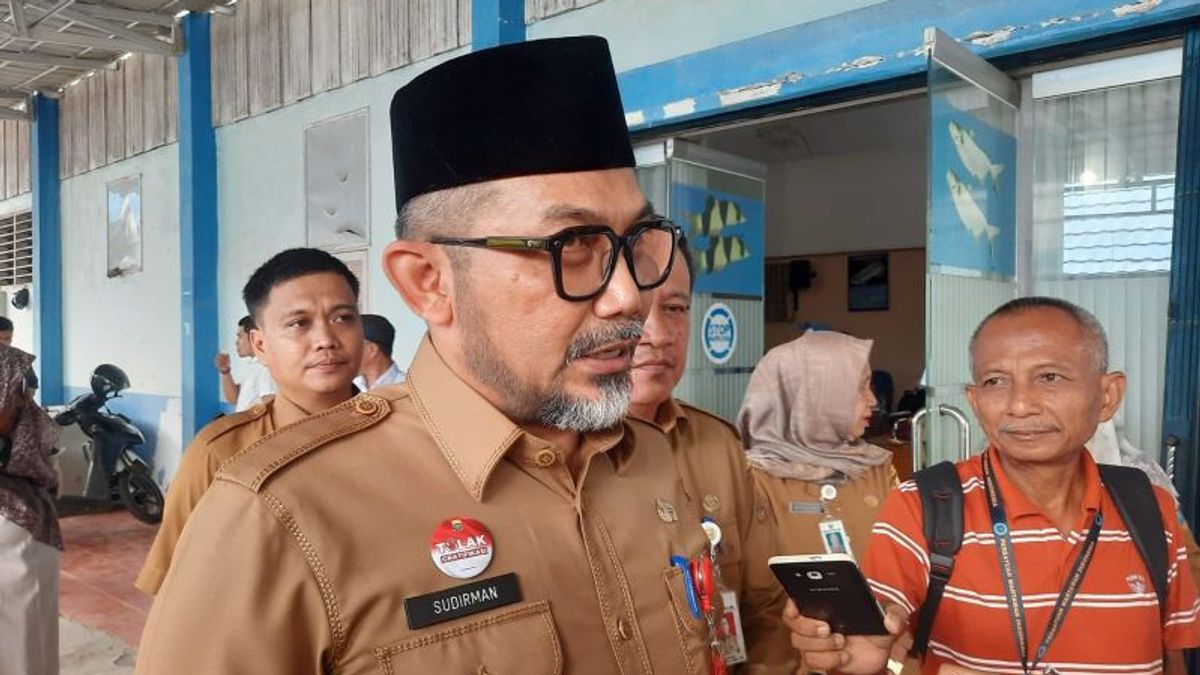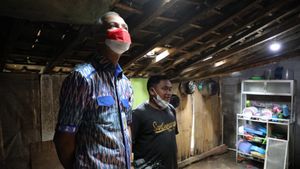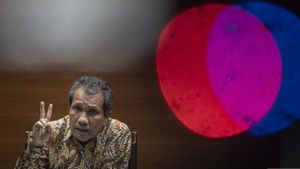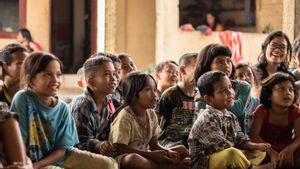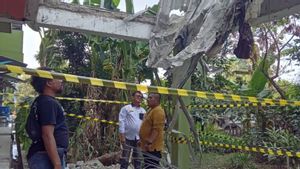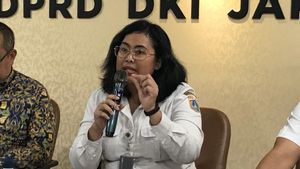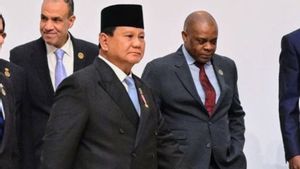JAMBI - The provincial government (Pemprov) of Jambi continues to overcome the extreme poverty rate which is recorded at 42,411 people. The majority are workers in the plantation sector.
"The Jambi Provincial Government continues to overcome the extreme poverty rate by fostering and providing business capital to workers," said Jambi Provincial Secretary (Sekdakov) Sudirman in Jambi, Antara, Tuesday, September 5.
For this reason, workers in the plantation sector must be equipped with training to increase capacity, business capital and equipment assistance. The goal is that in 2024 they will get out of poverty.
Thousands of extreme poor people are spread across 11 regencies and cities in Jambi Province. They are dodos workers of palm fruit and on average do not own land.
"The government will provide business capital assistance and equipment so that they can get out of the zone," said Sudirman.
Meanwhile, the Jambi Provincial Plantation Service has also designed a program to improve the welfare of workers in Jambi Province.
Among other things, Program Dua Miliar Satu Kecamatan (Dumisake) which targets the garden management community, including oil palm plantations, berinang and coconut plantations in the form of facilities and infrastructure.
Head of the Jambi Provincial Plantation Service, Agusrizal, said that the Dumiake program which will be rolled out this year is targeting the extreme poor who work in the plantation sector or become a freelance labor worker. This program is only the first from the Jambi Provincial Plantation Service.
"We help with equipment and machines, so what we will help is three-wheeled vehicles, sorong carts, manual and electric harvesting equipment, grass engines, electric sprayers," he said.
He asked people who work as garden managers to form a group of 20 people. This group will be verified and assisted if any of its members work as casual daily laborers in the village.
SEE ALSO:
The English, Chinese, Japanese, Arabic, and French versions are automatically generated by the AI. So there may still be inaccuracies in translating, please always see Indonesian as our main language. (system supported by DigitalSiber.id)
Most Popular Tags
#Prabowo Subianto #New Year #Syria #nataru #NatalPopular
21 Desember 2024, 05:00
21 Desember 2024, 03:00
